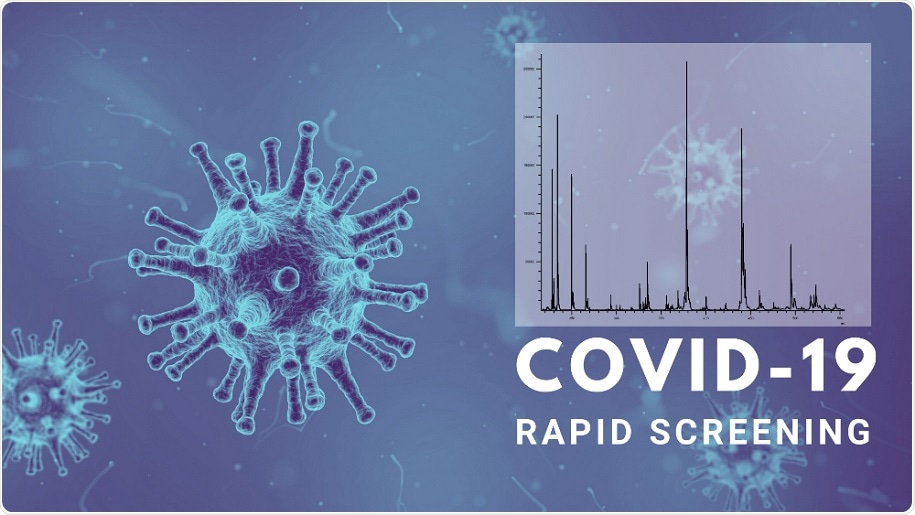A team of UK biotech experts are close to delivering a sophisticated and affordable testing technology that will complement the simple binary COVID-19 tests currently in use. The technology deploys mass spectrometry to spot proteins that are unique to COVID-19 and is targeting to deliver test results within 30 minutes that can:
- detect the presence or absence of COVID-19
- measure viral load, and
- detect new viral strains as they emerge
 The developers say the technology could make a huge contribution to the Government’s plans announced this afternoon (02.04.20) to increase testing capacity and bolster the UK’s diagnostics industry. The joint MAP Sciences and Cantab Health technology could deliver up to 1000 test results per machine over a 24 hour period. The mass spectrometers have low technical user requirements and require minimal consumables. MAP Sciences has experience of optimising mass spectrometers to produce fast, accurate and easy to use diagnostic tests for a range of diseases.
The developers say the technology could make a huge contribution to the Government’s plans announced this afternoon (02.04.20) to increase testing capacity and bolster the UK’s diagnostics industry. The joint MAP Sciences and Cantab Health technology could deliver up to 1000 test results per machine over a 24 hour period. The mass spectrometers have low technical user requirements and require minimal consumables. MAP Sciences has experience of optimising mass spectrometers to produce fast, accurate and easy to use diagnostic tests for a range of diseases.
The Cambridge and Bedford based team has been working on a proof of concept using a MALDI ToF mass spectrometer to detect a COVID-19 pseudovirus and expect to be at a stage to start clinical trials within two weeks. Government collaboration and support will be needed to run clinical trials on the test using COVID-19 live virus. The Cantab Health team will co-ordinate logistics, technical support and data reporting.
Professor Ray Iles, chief scientific officer said:
I’ve spent the past ten years developing the use of MALDI-ToF mass spectrometry to detect a range of diseases by identifying their unique protein signature. Our technology delivers results within minutes and with fine tuning we aim to achieve this on COVID-19 but with far fewer false positives (greater specificity). Once developed this technology can provide a powerful and rapid first line in the control of any future new virus epidemics.”
The President of the Royal College of Pathologists, Prof JE Martin MA PhD RCPathME FRCPath, has described the development work on this test as a “very promising” development in the fight against this deadly virus.